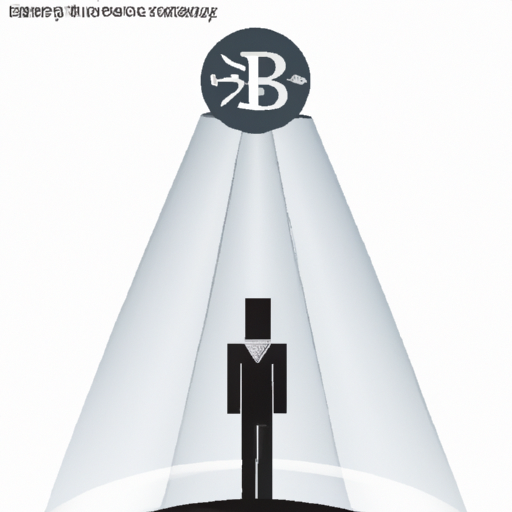UK’s Digital Pound Initiative Raises Privacy Concerns
Key Points:
- The UK is exploring the development of a digital pound.
- The Bank of England and the Treasury have emphasized the need for a strong privacy framework.
- Privacy concerns have been raised regarding the potential surveillance of transactions.
- Experts argue for a balance between privacy and regulatory transparency.
- A well-designed digital pound could provide numerous benefits for the UK economy.
Privacy Concerns Surrounding the Digital Pound
The UK’s plan to introduce a digital pound has gained significant traction, but it also raises concerns about privacy. In response to the extensive 2023 consultation, the Bank of England (BoE) and the Treasury have emphasized the importance of establishing a robust privacy framework for the digital currency.
One of the main concerns is the potential surveillance of transactions. Critics argue that a digital pound could give authorities unprecedented access to individuals’ financial activities, compromising their privacy. This level of surveillance raises questions about personal freedom and civil liberties.
Striking a Balance Between Privacy and Regulatory Transparency
While privacy is crucial, it must be balanced with the need for regulatory transparency. The Bank of England and the Treasury recognize the importance of preventing illicit activities such as money laundering and terrorism financing. A well-designed digital pound should incorporate measures to address these concerns without compromising individual privacy.
Experts suggest implementing privacy-enhancing technologies, such as zero-knowledge proofs or secure multi-party computations. These technologies would allow for secure and private transactions while still enabling regulatory oversight when necessary. Striking this balance would ensure that privacy is respected while maintaining the integrity of the financial system.
Benefits of a Digital Pound
Despite the privacy concerns, a digital pound has the potential to bring several benefits to the UK economy. It could streamline payments, reduce transaction costs, and improve financial inclusion. By digitizing the currency, the UK could unlock new opportunities for innovation and economic growth.
Additionally, a digital pound could offer greater flexibility in monetary policy. Central banks would have more tools at their disposal to stimulate the economy during times of crisis. The ability to distribute funds directly to citizens quickly and efficiently could also help mitigate the impact of economic downturns.
Hot Take: Striking the Right Balance
As the UK explores the development of a digital pound, it is crucial to address privacy concerns without compromising regulatory transparency. Striking the right balance is key to ensuring that individuals’ privacy is protected while preventing illicit activities. Implementing privacy-enhancing technologies can help achieve this delicate equilibrium.
The potential benefits of a digital pound for the UK economy cannot be ignored. Improved payment systems, reduced costs, and enhanced monetary policy tools can pave the way for a more efficient and inclusive financial ecosystem. With careful planning and a strong focus on privacy, the digital pound could be a transformative step forward for the United Kingdom.
